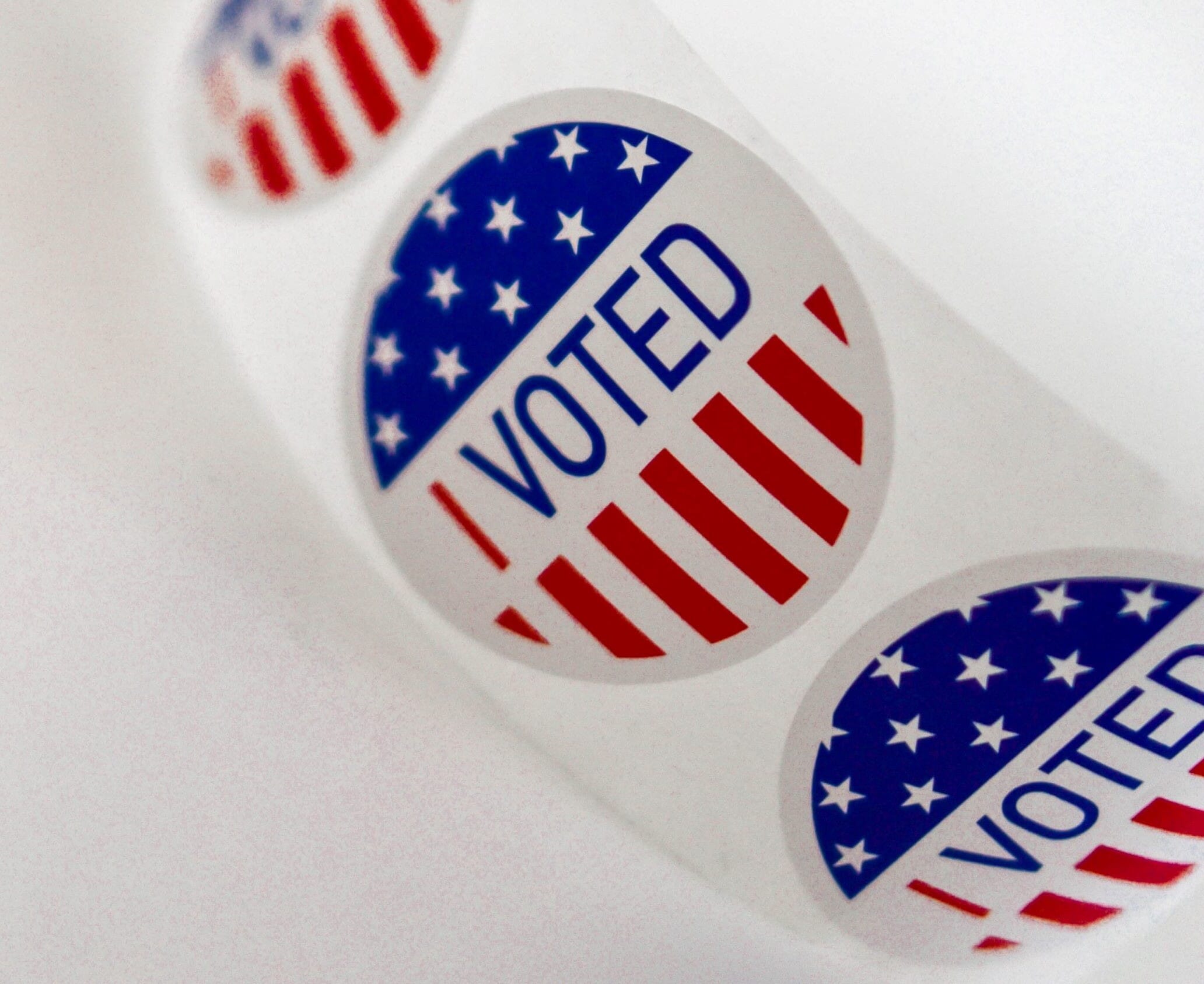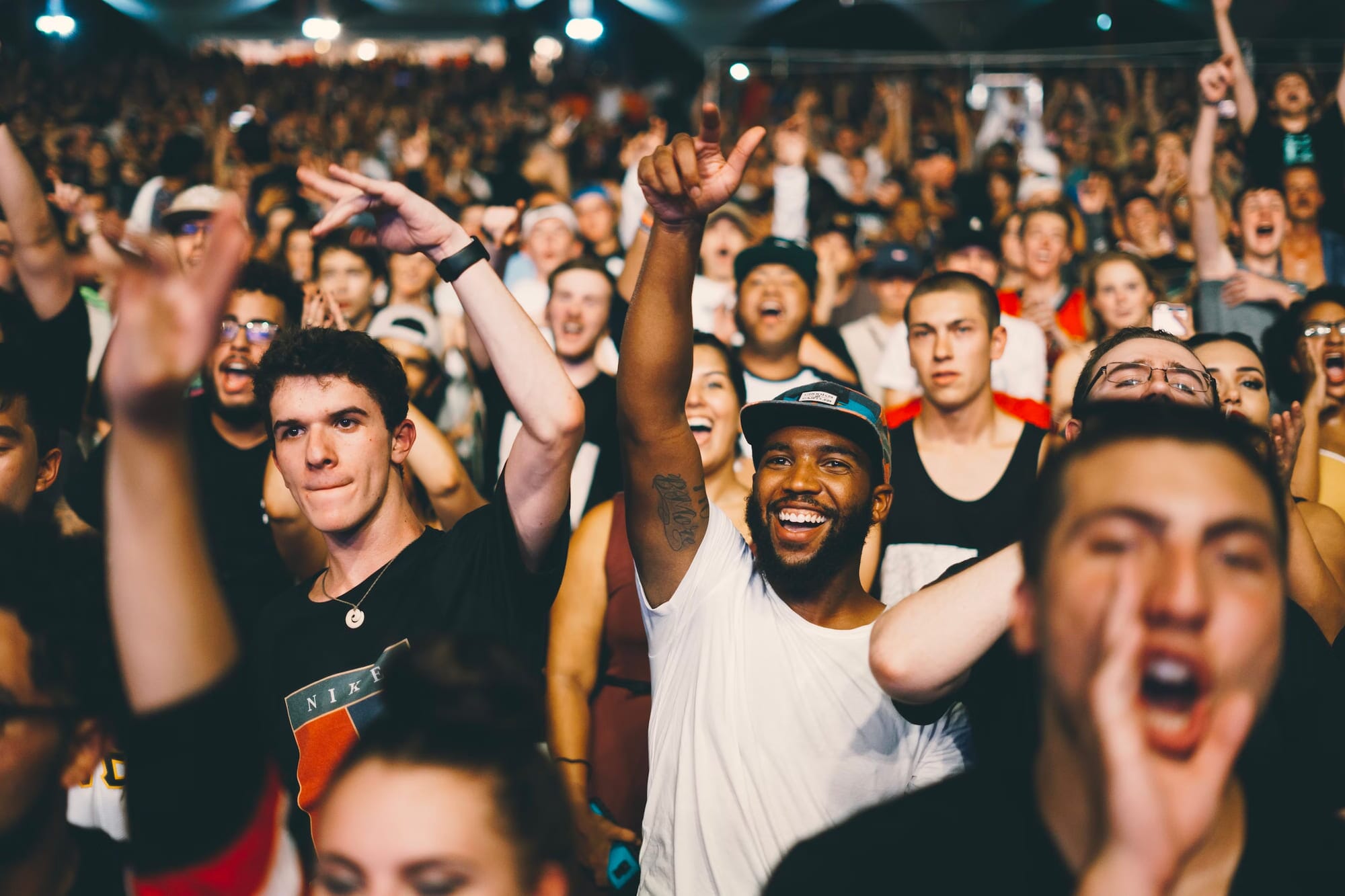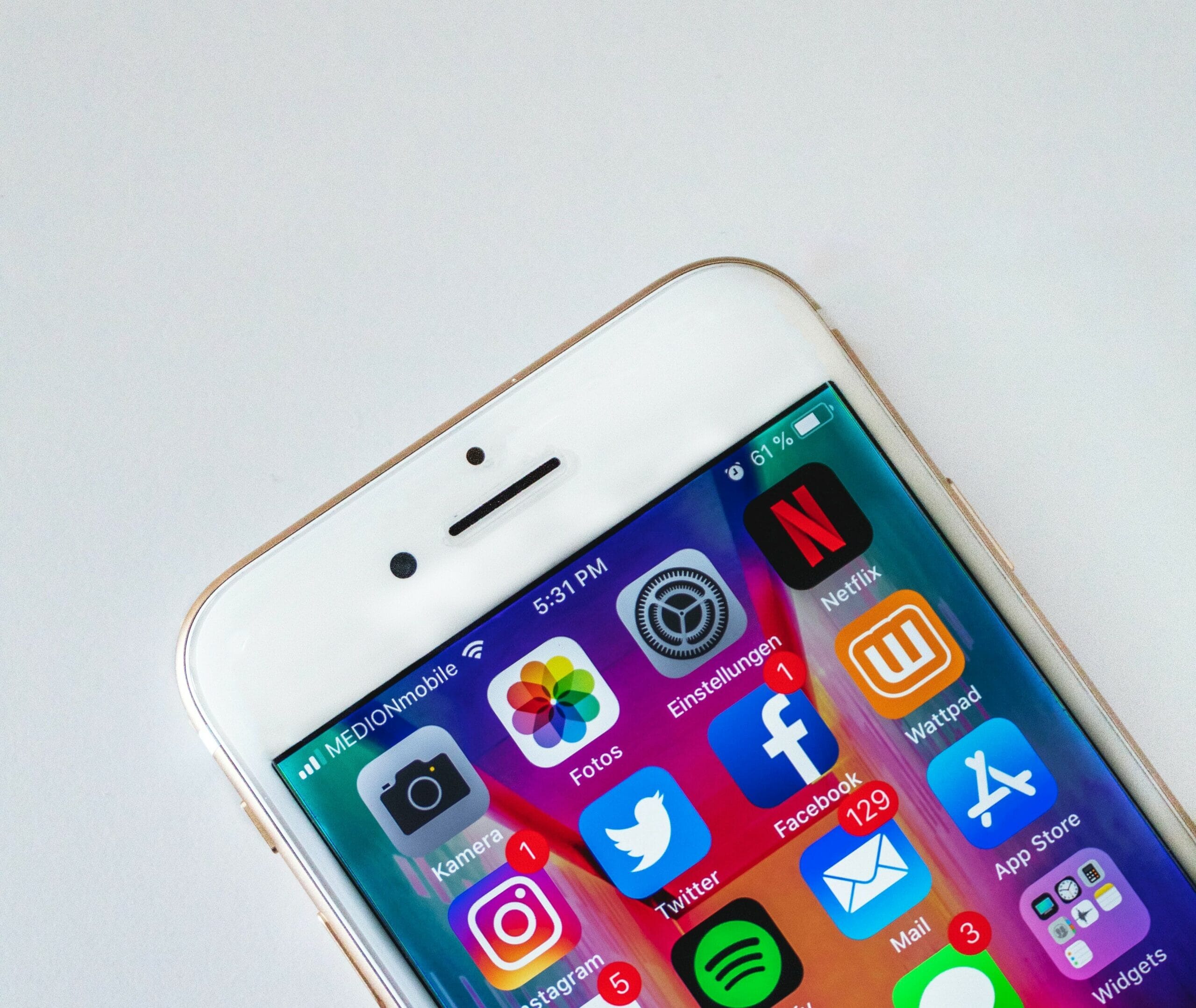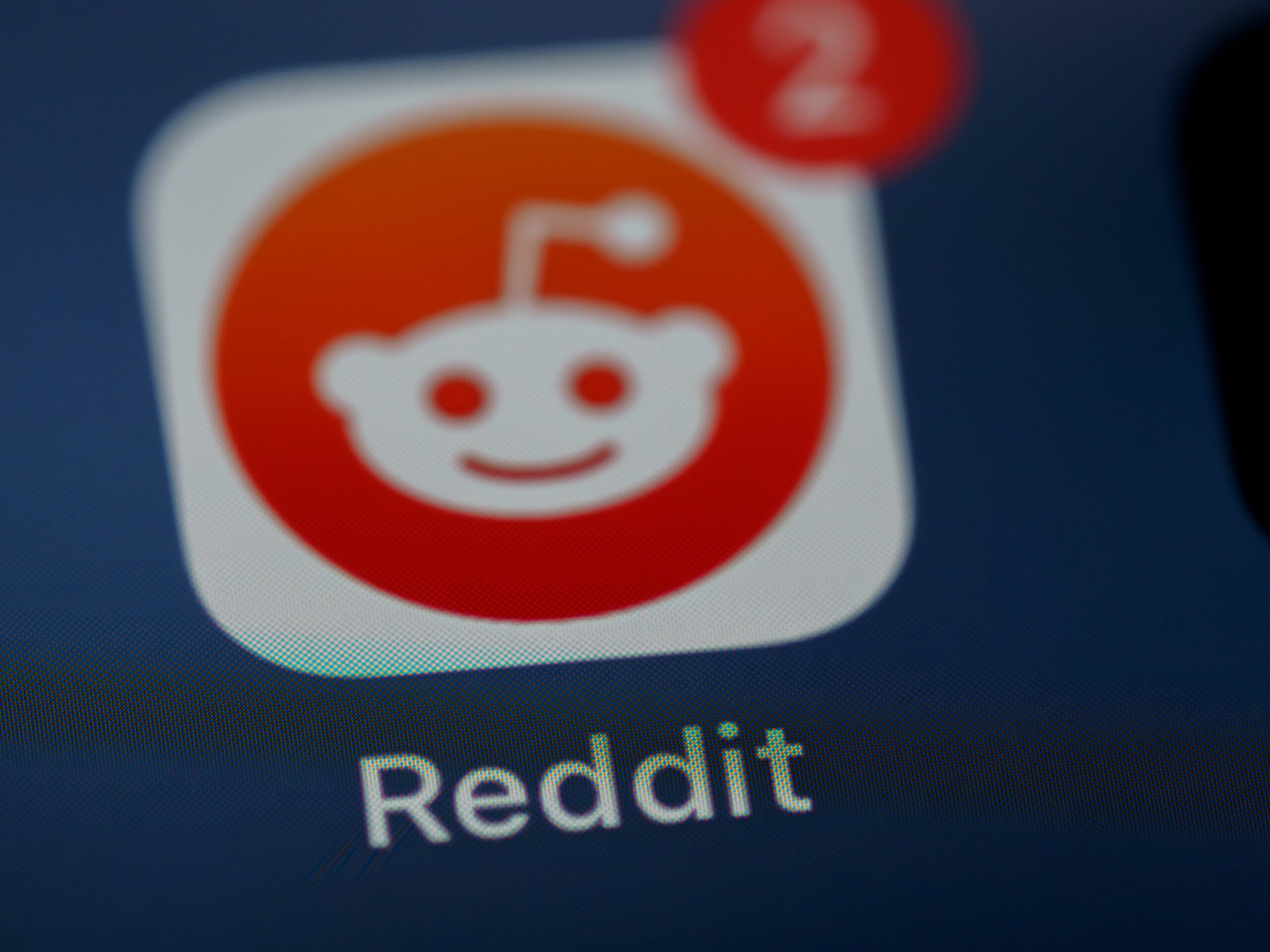September was jam packed with creative campaigns, including IKEA opening its first second-hand store, Yorkshire Tea creating a social distancing teapot, and Greggs launching the UK’s first sausage roll home delivery service. Here we break down two campaigns highlighting different causes and a lesson in crisis communications.

Blog
Digital Detox Day And #VoteResponsibly
Digital Detox Day
The Royal Society of Public Health recently found that social media is more addictive than smoking and alcohol and that using it for more than two hours a day is associated with poor self-rating of mental health.
To take a stand against this shocking reality, cosmetics retailer LUSH spearheaded a campaign dubbed ‘Digital Detox Day’ that encouraged everyone to turn their phones off on the 5th September. In collaboration with WHOLE, a mental health organisation, and Zoe Sugg, founder of Zoella, Digital Detox Day aimed to raise awareness about the damaging effects that social media can have on people’s mental health. The campaign was also supported by a host of celebrity personalities including, Sam Smith, Rita Ora, and Jade Thirlwall (Little Mix), and even took over Piccadilly Circus with a message encouraging people to switch off.
Why we like it: Not only does this campaign highlight an important statistic, but it does so effectively. LUSH’s primary consumer base is young people, the section of society that is most likely to be negatively affected by social media, so the campaign is perfectly targeted. In addition, as one of the original British YouTube stars, Zoe herself has over nine million followers on Instagram alone and has been vocal about her own conflicts with social media and mental health. By working with an influencer who can talk about their own experiences, the campaign gains further exposure as well as credibility and relatability.
VoteResponsibly
Ahead of the US presidential elections, global leader in alcoholic beverages Pernod Ricard has given all its US employees paid-leave on Tuesday 3rd November to vote and is encouraging its peers in the industry to do the same. In addition to giving its employees time off, the company’s flagship premium vodka brand, Absolut, has launched a non-partisan ‘Drink Responsibly. #VoteResponsibly’ campaign. The digital campaign even included the brand’s first TV advert in three years which broadcast just before the first Presidential debate.
Why we like it: The tone of this campaign is spot on. 2020’s presidential campaign has been contentious from the start and instead of encouraging people to vote either way, Pernod Ricard is emphasising the importance that people go to the polls in the first place. The effective use of paid-for and organic social media also sparks a genuine conversation about the importance of voting in what could be the election of a lifetime.
Lucy & Yak
For anyone not in the know, Lucy & Yak is a British clothing brand most well-known for its dungarees. What went wrong this month for the brand wasn’t a campaign but a PR crisis that wasn’t delicately handled. Since its inception, the brand has come under scrutiny for its lack of size inclusivity which hit boiling point after the founders of the company recorded a podcast on the topic and were publicly called out on it. But the trouble came when the founders addressed the comments in a series of defensive videos on social media that only added fuel to the fire.
What to learn: Communicating during a crisis is high stakes for a brand’s reputation. It takes reflection and consideration to get right instead of rash and emotional reactions, because nothing leaves more of a sour taste than the founders of a brand you love rejecting any kind of criticism and ignoring a problem within their company. Since the brand’s initial response was posted, Lucy & Yak has admitted its wrongdoing and detailed a plan on how the company will not only address the initial problem of sizing but also how it deals with criticism going forward.
We're always interested in a new PR challenge







